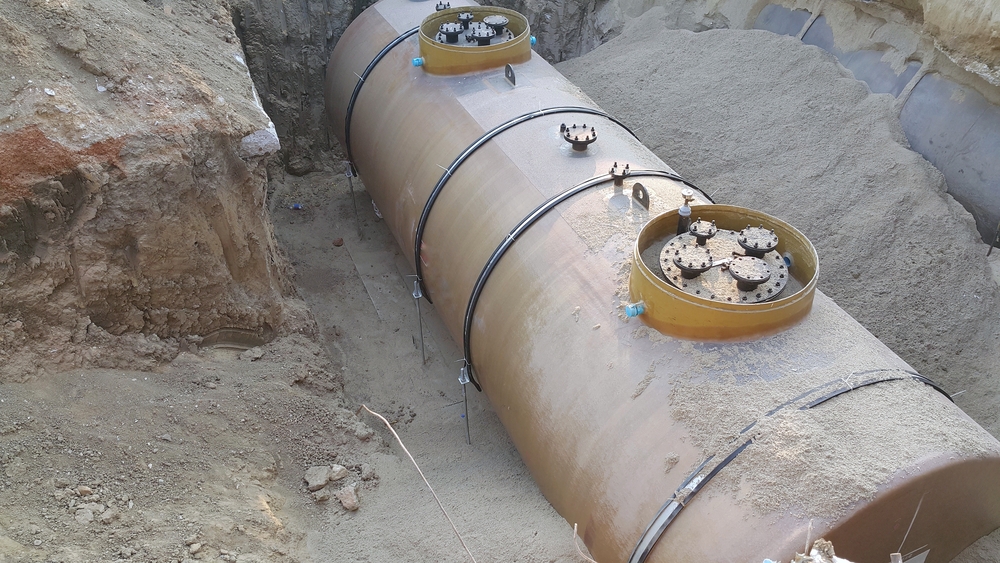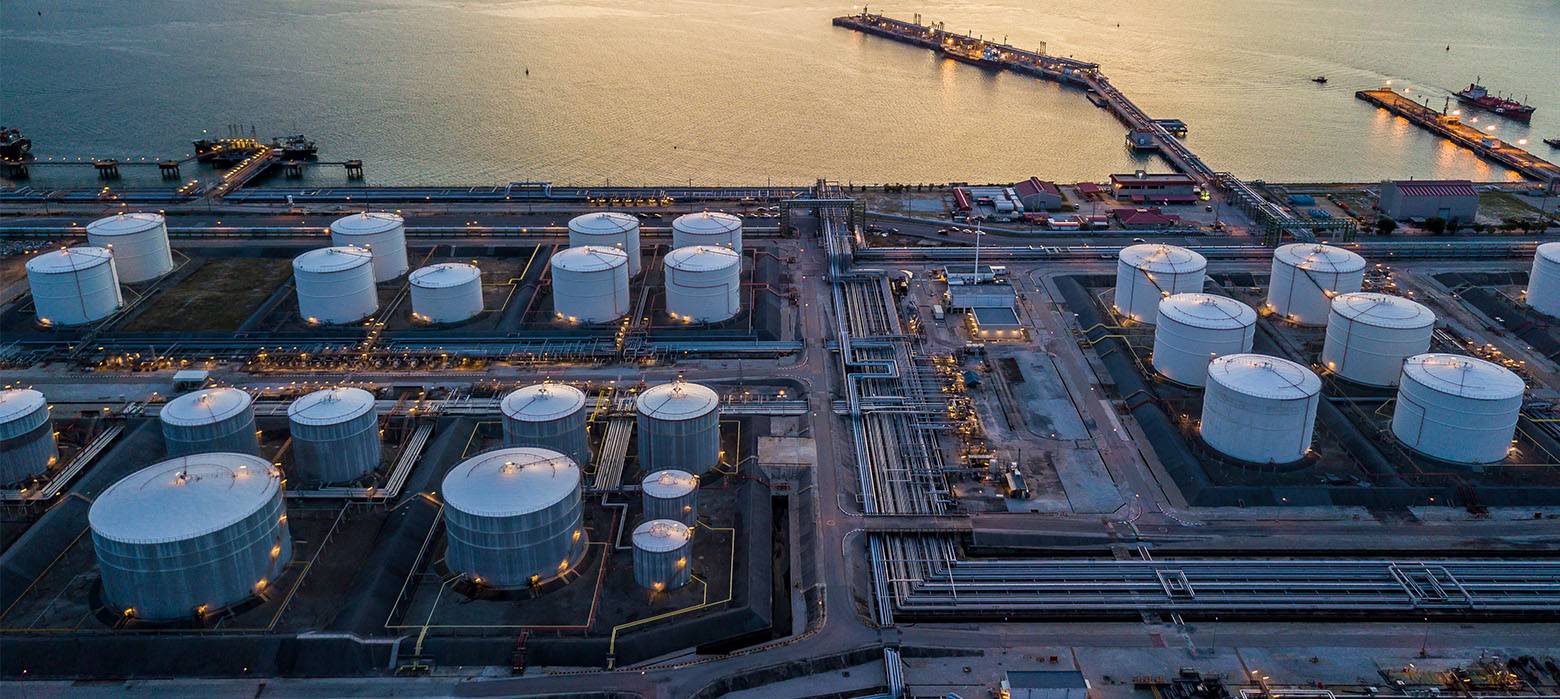
- admin
- January 20, 2020
A Complete Guide on Fiberglass Oil Tanks (Updated for 2024)
Fiberglass tanks are gradually replacing steel tanks in the United States. Judging by the strength to weight ratio, fiberglass outperforms steel, as it offers the same strength as steel with greater flexibility.
In this blog, we’ve discussed fiberglass tanks and its derivative fiberglass oil tanks in complete detail.
Introduction to Fiberglass Tanks
Fiberglass tanks are an alternative to stainless steel tanks. They’re manufactured from reinforced plastic material composed of a woven material embedded with glass fibers laid across each other and held together with a binding substance.
Fiberglass rose into prominence in the 1960s when oil refineries started using it for storing crude oil and petroleum. According to tank manufacturers, fiberglass tanks are just as strong as steel tanks and are resistant to rust and corrosion.
What are Fiberglass Oil Tanks?
Fiberglass oil tanks are a derivative of fiberglass tanks that have been specifically constructed to store oil. Manufactured with fiberglass and polyester resin, these tanks are known for their outstanding durability.
The ease of installation and the ability to withstand heat and harsh weather conditions make these tanks a great choice for storing petroleum, biodiesels, ethanol blends, and ultra-low sulfur diesel (ULSD).
A recent study conducted revealed that the inherent, non-corrosive nature of a fiberglass double-wall tank eliminates the possibility of rust on all tank wall surfaces and provides protection against leaks.
According to experts, fiberglass oil tanks are carefully crafted using corrosion-resistant materials. Detailed research and analysis are also done so that quality is never compromised.
The product designers and engineers carry out a laminate test using current fuels, blends and other oxygenates. They also test the tanks using alternative products and blends so that the tanks can be used even if the fuel that’s required to store changes in future.
Features of Fiberglass Oil Tanks
Some noteworthy features of fiberglass oil tanks include –
Available for both indoor and outdoor installations.
Features dual-layer resin composite with anti-mildew, UV-resistant exterior gel coat.
Large grip handles on each side for greater ease of manipulation and recessed handles are never in the way.
No special fittings needed.
It occupies minimal space.
Benefits of Fiberglass Oil Tanks
Here are some significant benefits of fiberglass oil tanks –
Made of solid material
Easy and safe to use.
Contractor friendly for trouble-free installation
How Long Do Fiberglass Oil Tanks Last?
According to manufacturers, fiberglass oil storage tanks are meant to last 30 to 40 years. Their longevity is determined by the type of material stored, frequency of maintenance works, the quality of the material used in manufacturing the tank, and the thickness of the walls.
There are some tanks in the United States that are operational even after 60 years of installation.
Is It Advisable to Replace an Old Oil Tank?
If the oil tank is more than three decades old, it has most probably outlasted its common life expectancy. Over the years, it’ll have a layer of sediment accumulated at the bottom.
If the oil level reaches below a certain level, the sludgy sediment will make its way into the oil lines and cause the system to clog.
Therefore, as a preventive measure, it’s advisable to replace a tank after three decades.
According to veteran tank manufactures, the most common internal problems with oil tanks involve the accumulation of trapped moisture and sediment over the years.
In worst-case scenarios, the tank will break, resulting in a major oil spill. Adequate measures must be taken immediately to stop the saturation of oil into the surrounding soil, to avoid any further disaster.
So, here was an in-depth study on fiberglass oil tanks. Comment down below and let us know your thoughts.
- fiberglass oil tanks
- Industrial Storage Tanks
- oil tanks
Category
- Above Ground Fuel Tanks
- Above Ground Gas Storage Tank
- Above Ground Storage Tanks
- Above Ground Water Storage Tanks
- Agricultural Tanks
- Chemical storage Tanks
- Diesel Fuel Storage Tanks
- Diesel Storage Tanks
- Exernal FloatingRoof Tanks
- Farm Water Tank
- Fiberglass Oil Tanks
- Fiberglass Septic Tanks
- Fiberglass Tanks
- Fiberglass Underground Fuel Storage Tanks
- Field Erected Tanks
- Floating Roof Tank
- Food and Beverage Tanks
- Fuel tank
- Industrial Chemical Storage Tanks
- Industrial Gas Tanks
- Industrial Hot Water Storage Tanks
- industrial hot water tank
- Industrial Plastic Tanks
- Industrial Storage Tanks
- Industrial Tank heating pads
- industrial tanks
- Natural gas
- Natural gas vs Propane
- oil storage tank
- Oil Storage Tanks
- Peracitic Acid
- Petroleum Tanks
- Residential gasoline storage tanks
- Residential Water Storage Tanks
- Sodium Hydroxide Storage Requirements
- Sodium Hypochlorite Storage Tanks
- Steel Storage Tanks
- storage tank failure prevention
- Storage Tanks
- Sulfuric Acid Tanks
- Uncategorized
- UnderGround Storage Tanks
- Waste water tank
- Water Storage Tanks

 Tank Size Calculator
Tank Size Calculator






